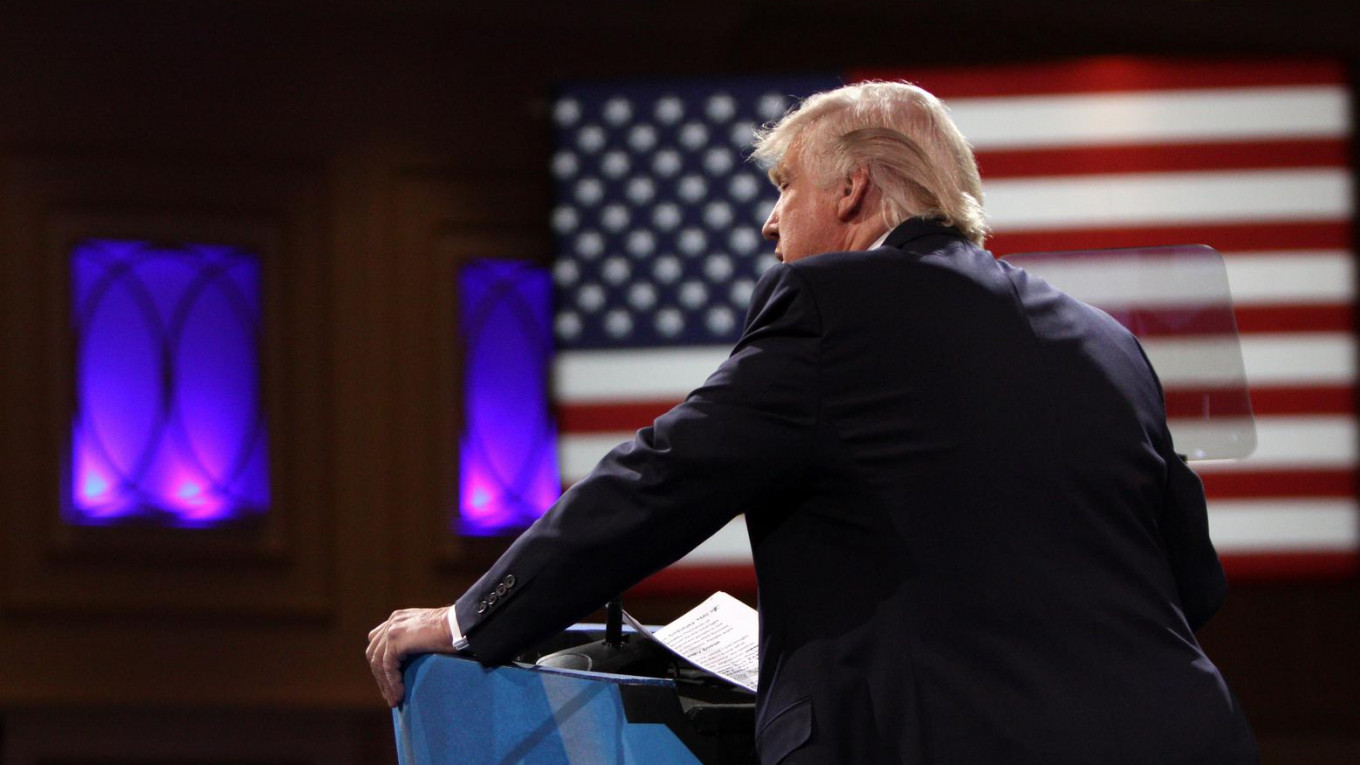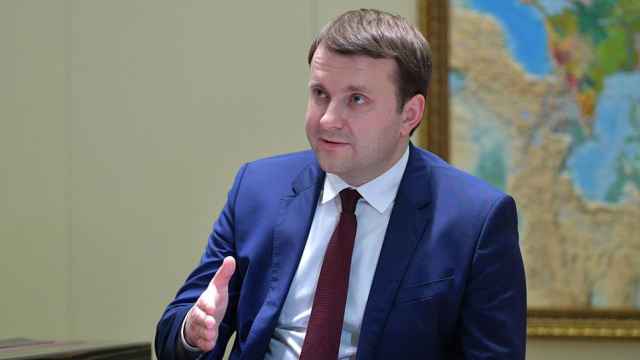It seems there is some new claim to link Donald Trump and his business empire with “Russian organized crime” almost every day.
There are plenty of reasons to think that Trump’s business model is flawed to the point of being a pyramid scheme, and that his taste in buyers and investors is indiscriminate in the extreme.
But talk of his becoming an ally or instrument of organized crime misses the point.
There is real organized crime in Russia, just as there is everywhere. Some proper gangsters have, from time to time, shown up in these Trump tales.
One notorious old-school Russian criminal or “thief-within-the-code,” as the old underworld elite was called, even lived in the New York Trump Tower for a while.
But there is no evidence Trump and Vyacheslav “Yaponchik” Ivankov, ever met. And given that at the time Ivankov had no criminal record in the United States, there is a distinct limit to how big a deal one can make of this.
The real connection, it would seem, is that many dubious Russian figures who are in the United States illegally have bought into Trump properties. As with so much up-market real estate dealing, it is likely these deals are in part money laundering.
Trump certainly stands accused of building a property empire which has disproportionate exposure to questionable Russian cash. But that’s not quite the “smoking gun” so many yearn for.
First of all, Trump’s aesthetics — all gilt, no guilt — probably appealed to the 1990s generation of Russian nouveau riche. For them, no excess was excessive. Furthermore, communities often cluster, and as the “Trump brand” became known, others gravitated towards it.
More to the point, 1990s Russian money was by definition dirty, generated in a bare-knuckled era of gangster capitalism where the laws were still being rewritten and the market was whatever your muscle or connections made it.
Things have moved on, and there are genuinely quite reputable Russian companies and banks these days, but even they are usually built on money made in the days when all money was dirty.
This is how capitalism emerges, how generations slowly turn yesterday’s dirty practices into today’s historical foibles — think Lloyd’s underwriting slavery or America’s “robber barons.” Unpicking clean money from dirty in the Russian economy is no more possible than it is in the global economy.
So if you sell to Russians without caring too much who they are, or if you look for investments outside the handful of blue-chip Russian sources, what will you get?
A mix of a clean, gangster but mainly just grubby money, courtesy of what is still a rapacious, corrupt, capital-flighty, embezzlement-heavy, corrupt economy.
That said, the odds are that you’re dealing with Russian businessmen, not tattooed criminal gangsters.
Get beyond the street-level thuggery and the supply chains moving trafficked people and drugs to the lucrative Western markets and your modern “Russian organised crime” figure is likely an entrepreneur with a portfolio of assets from the dirty to the essentially clean.
He’ll be educated and solvent, connected to local and even national political circles and savvy enough to move his money around so that it is next to impossible to prove its criminal origins.
In this respect, they are not that different from so many investors from China, Africa or so many other parts of the world where economic opportunities have outpaced morality and governance. And they are not just buying into Trump properties, they are investing in central London penthouses, Caribbean mansions, Miami beachfront condos, and luxury yachts.
In the current feverish mood, in which many believe that opposing and decrying Trump is a patriotic duty, there is a risk that all this sounds like excusing him. However, I would suggest it is actually raising the rather more real and general problem.
However satisfying it might be to find proof that a tattooed Russian mobster carried a suitcase of blood-stained cash into Trump Tower and bought off the president-to-be, that seems rather unlikely.
Trump was ahead of the downward curve, driven by his desperate need to bail out an often-mismanaged property empire by looking for emerging market money, including from Russia.
There is no evidence yet that this has turned him into a pawn of a mythologized “Russian mafia” or the Kremlin, but that shouldn’t be the only point.
Instead, his business dealings hold up a depressingly accurate mirror to the worst-case scenarios of today’s transnational financial markets.
They also show the “business-is-business” values these markets embody, in which compliance too often simply means deniability, and in which everyone is willing to be a money laundry, so long as there has been a little pre-washing beforehand.
Trump’s sin, and his service, is to show us the dangers in unrestrained, globalized capitalism. Bigly.
Mark Galeotti is a senior researcher at the Institute of International Relations Prague and coordinator of its Center for European Security.
The views and opinions expressed in opinion pieces do not necessarily reflect the position of The Moscow Times.
A Message from The Moscow Times:
Dear readers,
We are facing unprecedented challenges. Russia's Prosecutor General's Office has designated The Moscow Times as an "undesirable" organization, criminalizing our work and putting our staff at risk of prosecution. This follows our earlier unjust labeling as a "foreign agent."
These actions are direct attempts to silence independent journalism in Russia. The authorities claim our work "discredits the decisions of the Russian leadership." We see things differently: we strive to provide accurate, unbiased reporting on Russia.
We, the journalists of The Moscow Times, refuse to be silenced. But to continue our work, we need your help.
Your support, no matter how small, makes a world of difference. If you can, please support us monthly starting from just $2. It's quick to set up, and every contribution makes a significant impact.
By supporting The Moscow Times, you're defending open, independent journalism in the face of repression. Thank you for standing with us.
Remind me later.








